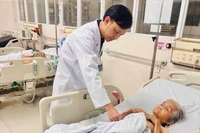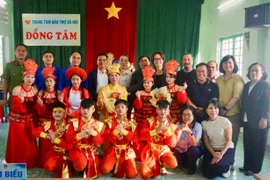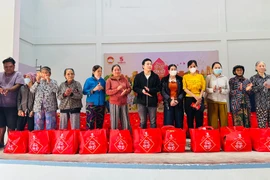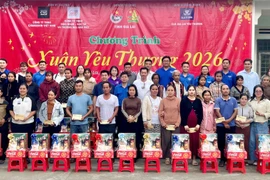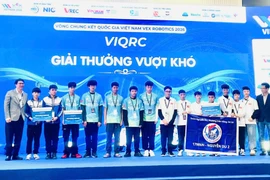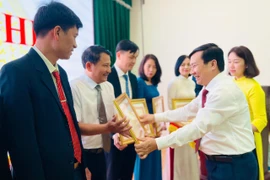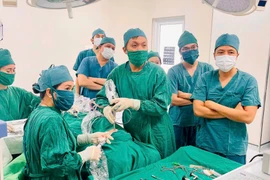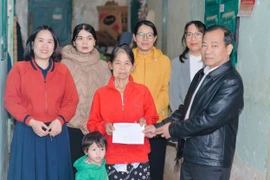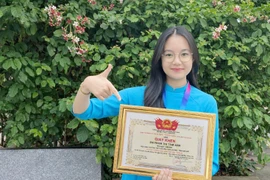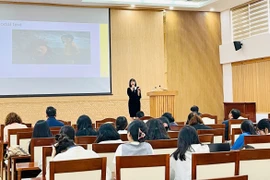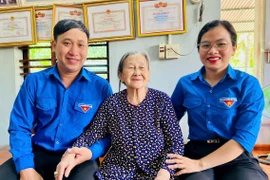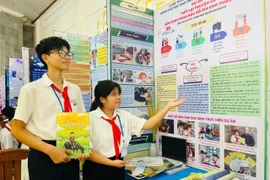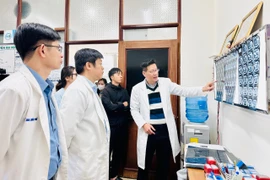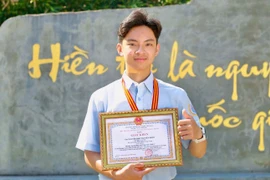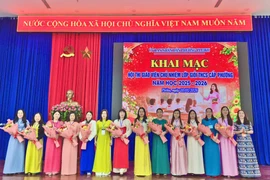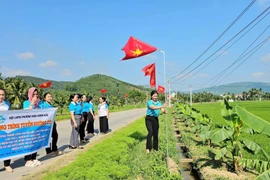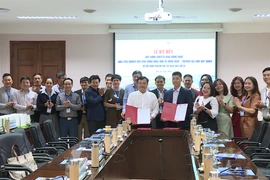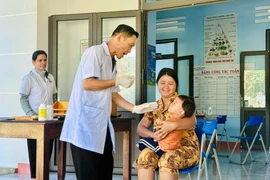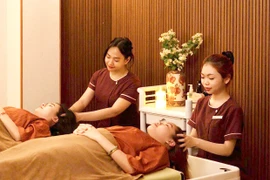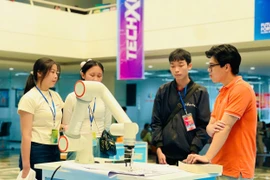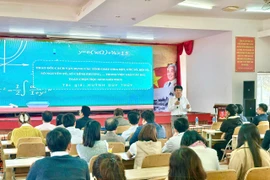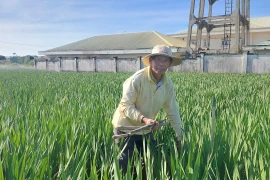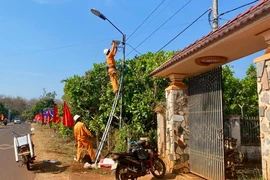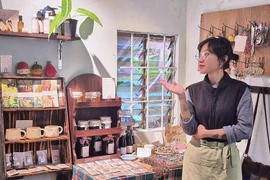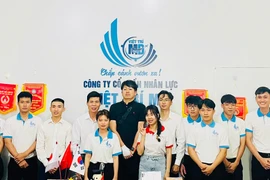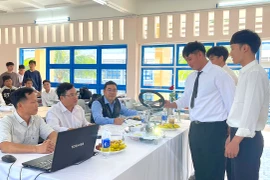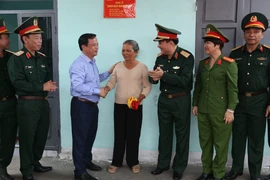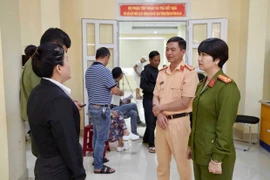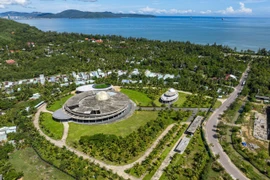At hospitals such as Gia Lai provincial General Hospital, doctors must not only fight to save patients but also guard against mysterious, unverified medications smuggled in by relatives. Dr. Nguyen Van Trung, Head of the Neurology–Stroke Department, said his team strictly monitors to prevent “dirty drugs” from entering the ward.
“Preventing unknown medications from being brought in is a major challenge,” he said. “We ensure that no unauthorized drugs interfere with treatment.”
Dr. Trung recalled one case involving an elderly woman recovering well from a stroke. Despite her steady progress, her son, a media professional from Ho Chi Minh City, secretly sought out a so-called “miracle drug.” Although he hesitated, he still asked for medical advice through an acquaintance, saying: “Please don’t scold me for asking”.
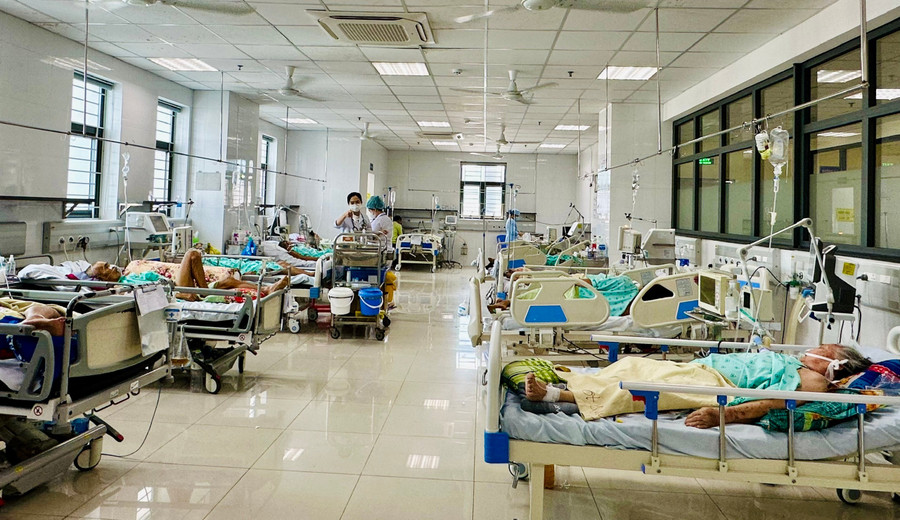
Such incidents are common, fueled by the belief that “where there’s life, there’s hope.” Many families continue to purchase and administer unapproved remedies, despite knowing the risks.
H.V., a resident of Quy Nhon Dong Ward, recounted that her family bought a “black pill” costing over one million VND (about USD 40) for a relative recovering from a stroke. “We knew doctors advised against it,” she said, “but everyone was afraid of missing a chance at survival.”
Doctors warn that these so-called miracle cures not only lack proven benefits but can also endanger patients’ lives. The emotional drive to “try everything” often turns love into a double-edged sword.
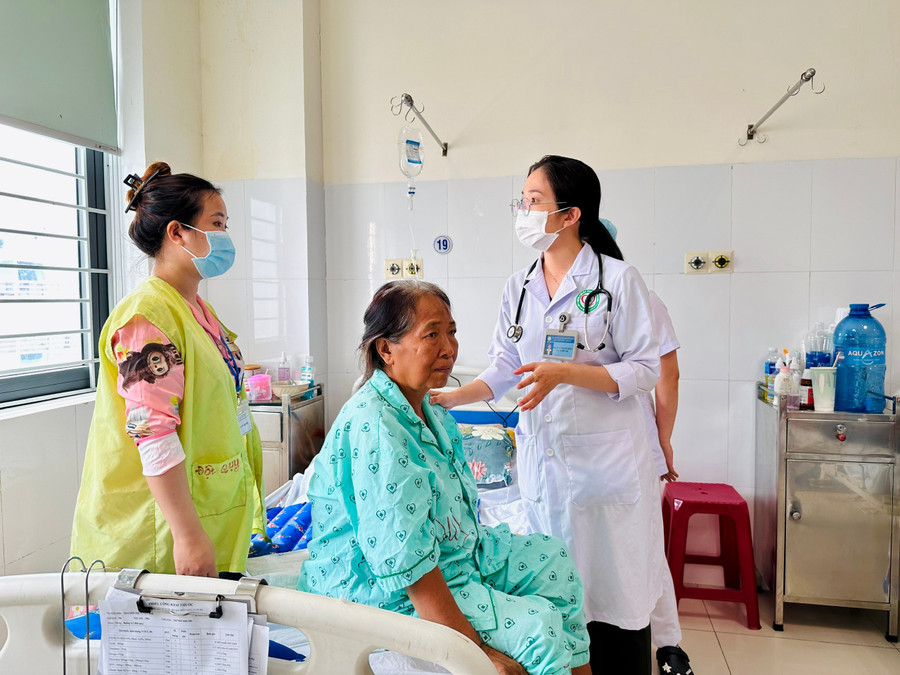
The issue extends far beyond Gia Lai. Across Vietnam, reports of misuse of “miracle” products like An Cung Niu Hoang have raised alarms. Associate Professor Dr. Nguyen Lan Hieu, Director of Hanoi Medical University Hospital, said such products are being “excessively hyped,” leading to dangerous misuse.
An Cung, made by China’s Tong Ren Tang Pharmacy, contains ingredients such as musk, ox gallstone, and formerly rhino horn, now replaced by synthetic alternatives. It also includes toxic minerals like realgar and cinnabar, which require precise dosage control.
“An Cung may slightly reduce blood clotting,” Dr. Hieu explained. “But in stroke or heart attack cases, patients need intravenous medication or mechanical intervention to restore blood flow. Using An Cung could be disastrous for hemorrhagic strokes or brain bleeds.”
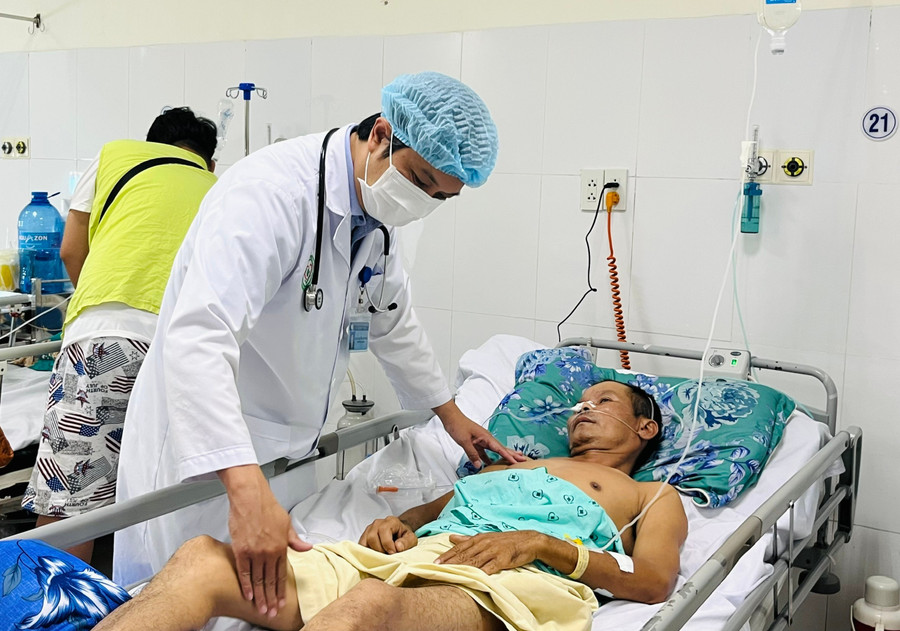
He warned that some wealthy families spend tens of millions of VND (USD 400–800) to stockpile An Cung as a household “protective talisman”. Doctors have even had to dispose of cups of the thick, black medicine that relatives tried to feed patients in intensive care.
“Everyone wants the best for their loved ones,” Dr. Hieu said. “But health decisions must be based on science, not superstition. These drugs cannot be used for prevention. The idea of taking one pill every few months is nothing more than a marketing gimmick.”

